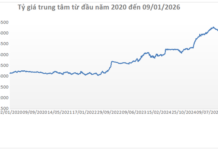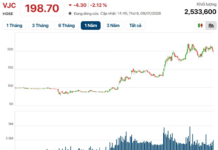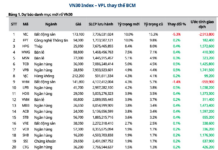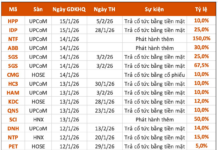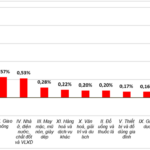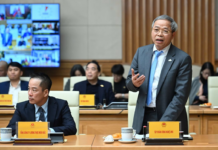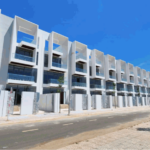CPI for the last five months of the year expected to increase by 3.7-4.0%
On August 5, Deputy Prime Minister Ho Duc Phoc chaired a meeting of the Steering Committee for Price Management, evaluating the results of price management and direction for the remaining months of 2025.
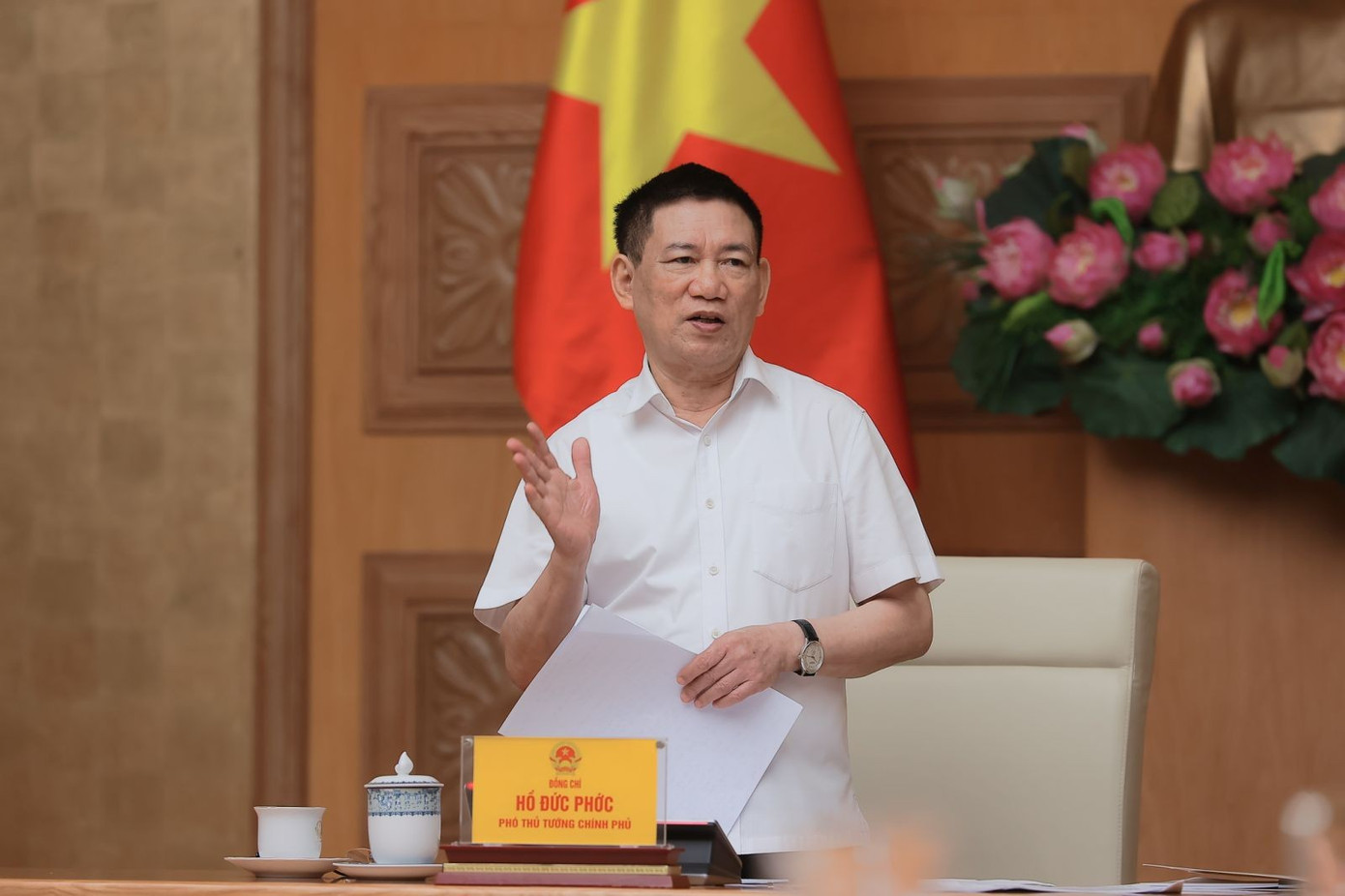
Deputy Prime Minister Ho Duc Phoc chairs the meeting. Photo: VGP
According to the Ministry of Finance’s report, since the beginning of the year, the market price level has fluctuated according to the law. In the first quarter, prices rose at the beginning of the year due to the Tet holiday and then decreased in March, following the post-holiday trend.
In the second quarter, CPI increased slightly in April and May by 0.07-0.16%, and then saw a higher increase in June (up 0.48% from the previous month) due to the rise in construction material prices and gasoline following the fluctuations in the global fuel market.
Compared to the same period last year, CPI for the first seven months is estimated to increase by 3.2-3.3%. This is a suitable level to support economic growth, especially as resources are focused on achieving the highest economic growth possible.
At the same time, Vietnam’s inflation is being controlled within the target range set by the National Assembly and the Government, ranging from 4.5-5%, contributing to macroeconomic stability.
Based on forecasts, the Ministry of Finance updated the price management scenario for the last five months of the year, expecting a CPI increase of 3.7-4.0%. Meanwhile, international organizations forecast Vietnam’s average inflation rate to be around 2.9-4.2%.
Prevent shortages and price surges
Concluding the meeting, Deputy Prime Minister Ho Duc Phoc emphasized the importance of price management, stating that effective inflation control is crucial for meaningful growth in people’s lives and business operations.
Therefore, strengthening price management and reasonable regulation are mandatory to promote rapid and sustainable growth.
The Deputy Prime Minister instructed ministries, sectors, and localities to pay close attention to essential commodities closely linked to people’s lives and business activities, especially gasoline, electricity, rice, and meat, to prepare appropriate management and regulation solutions.
Mr. Ho Duc Phoc requested that the Ministry of Construction and the Ministry of Agriculture and Environment coordinate with provinces to implement fundamental and synchronous solutions to ensure a healthy real estate market that aligns with the people’s interests.
Moving forward, the Deputy Prime Minister stressed the need to focus on implementing comprehensive solutions to strive to maintain the consumer price index (CPI) at the most reasonable level to promote economic growth. By October, ministries and sectors should develop price management plans for commodities under their management for 2026 to proactively manage the situation.
Mr. Phoc also noted the importance of closely monitoring market price fluctuations, especially for essential consumer goods and services, and taking proactive and flexible measures to regulate supply and demand and stabilize the market. This ensures production meets social needs and prevents shortages and price surges.
The Government leader requested that ministries, sectors, and localities closely monitor the supply and demand dynamics and market prices of commodities under their management and take appropriate regulatory measures. They should also proactively forecast and ensure supply-demand balance, especially during periods of high demand for essential goods.
Along with this, it is crucial to effectively implement and supervise price declaration, price listing, and public information disclosure measures. Strict handling of unreasonable price increases that cause market instability should also be enforced.
The Deputy Prime Minister also emphasized the need to coordinate fiscal policy with monetary policy and other policies to contribute to macroeconomic stability, control inflation, and ensure the economy’s major balances.
The Vice Premier’s Directive on Electricity and Fuel Price Regulation
“The esteemed Vice Prime Minister, Ho Duc Phoc, emphasizes the critical importance of effective price management and governance as a pivotal strategy to propel economic growth. Among the key areas of focus, he highlights the management of electricity and fuel prices, underscoring their impact on the broader economy. This directive serves as a timely reminder of the government’s commitment to fostering a stable and prosperous Vietnam.”
The CPI for the first seven months is estimated to increase by 3.2-3.3%.
The Ministry of Finance reports that the consumer price index (CPI) for the first seven months of the year is estimated to have increased by 3.2-3.3% compared to the same period last year. This is an appropriate level that supports economic growth, especially as resources are being focused on achieving the highest possible economic expansion. Vietnam’s inflation is being carefully managed within the target range set by the National Assembly and the Government of 4.5-5%, contributing to macroeconomic stability.
The CPI in 2024 rose by 3.63%, effectively curbing inflation.
The rise in rental prices and fuel costs were the primary drivers of the 0.29% month-over-month increase in the CPI for December 2024. Despite this, the proactive and assertive approach taken by the government helped keep the overall inflation rate for 2024 at 3.63% year-over-year, meeting the target set by the National Assembly. This indicates that inflation remains under control.







